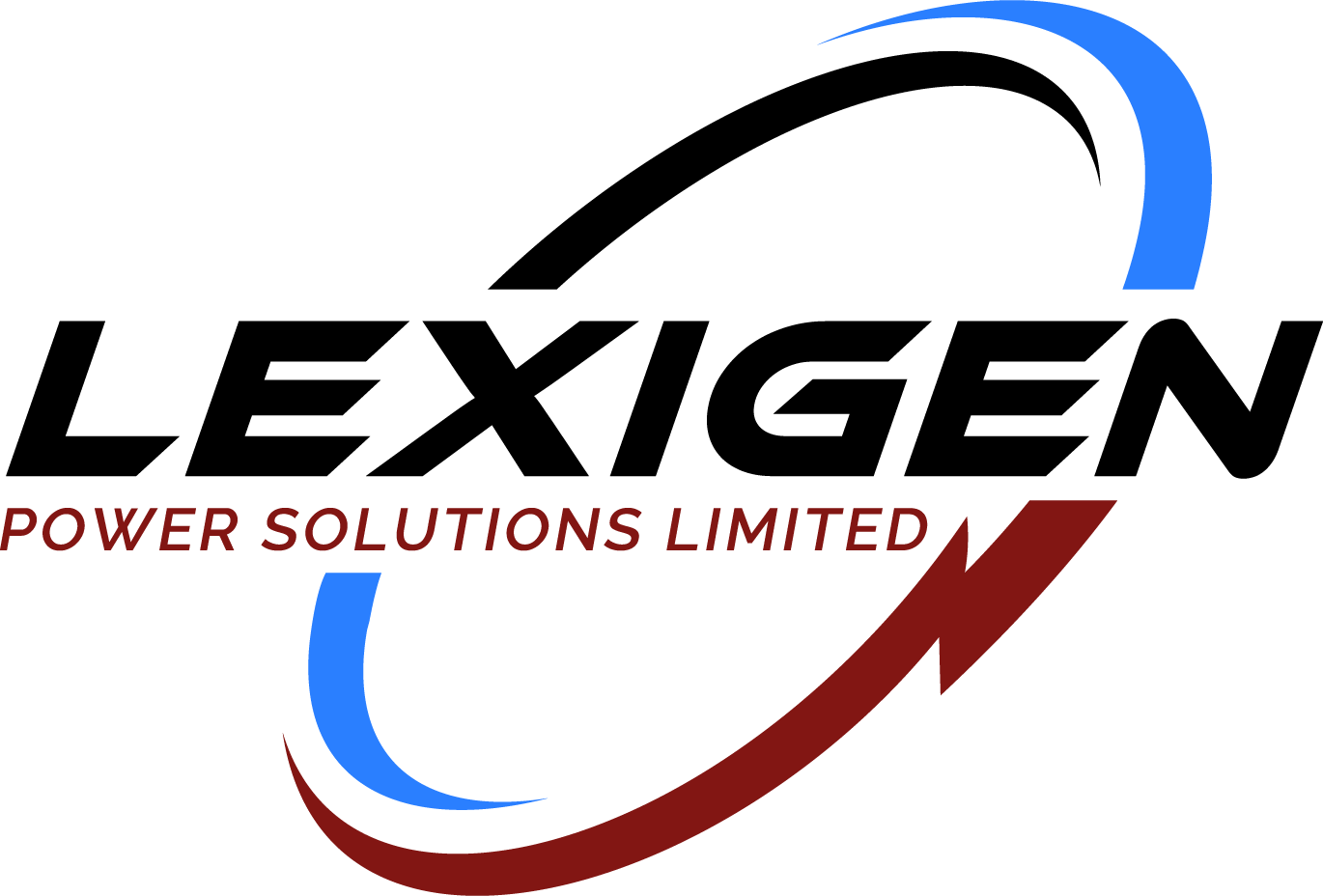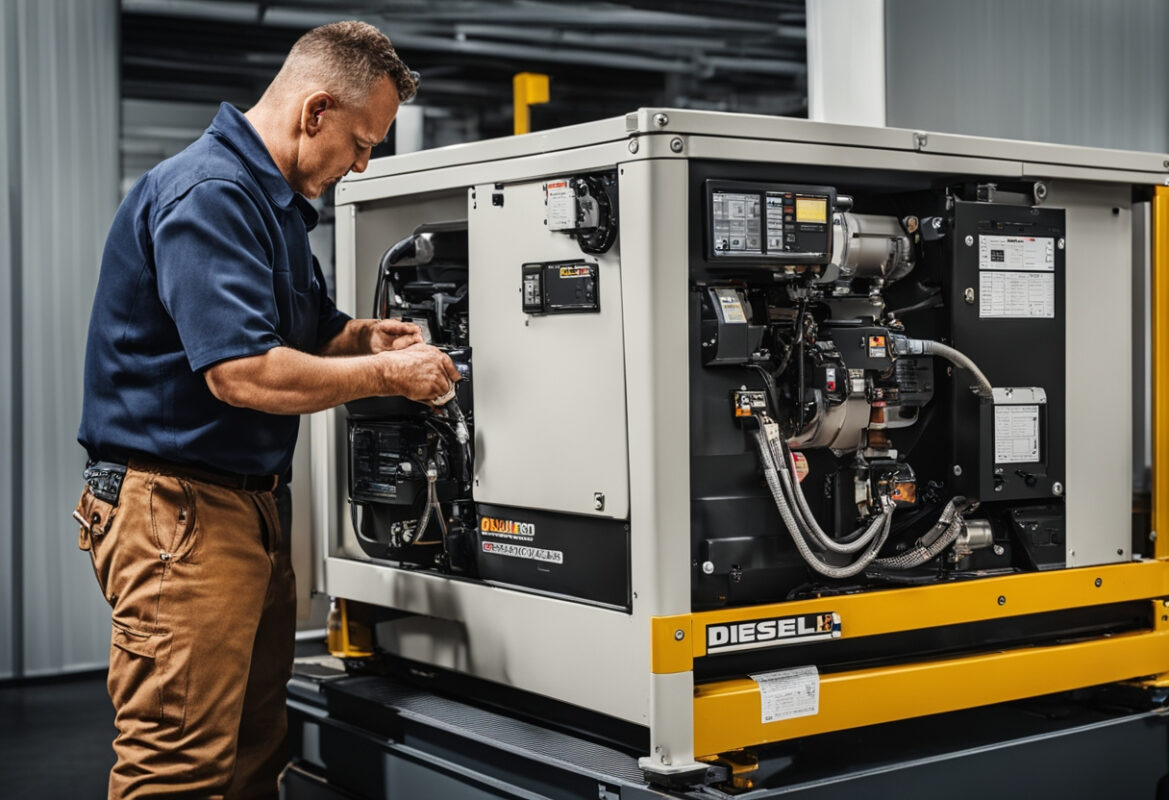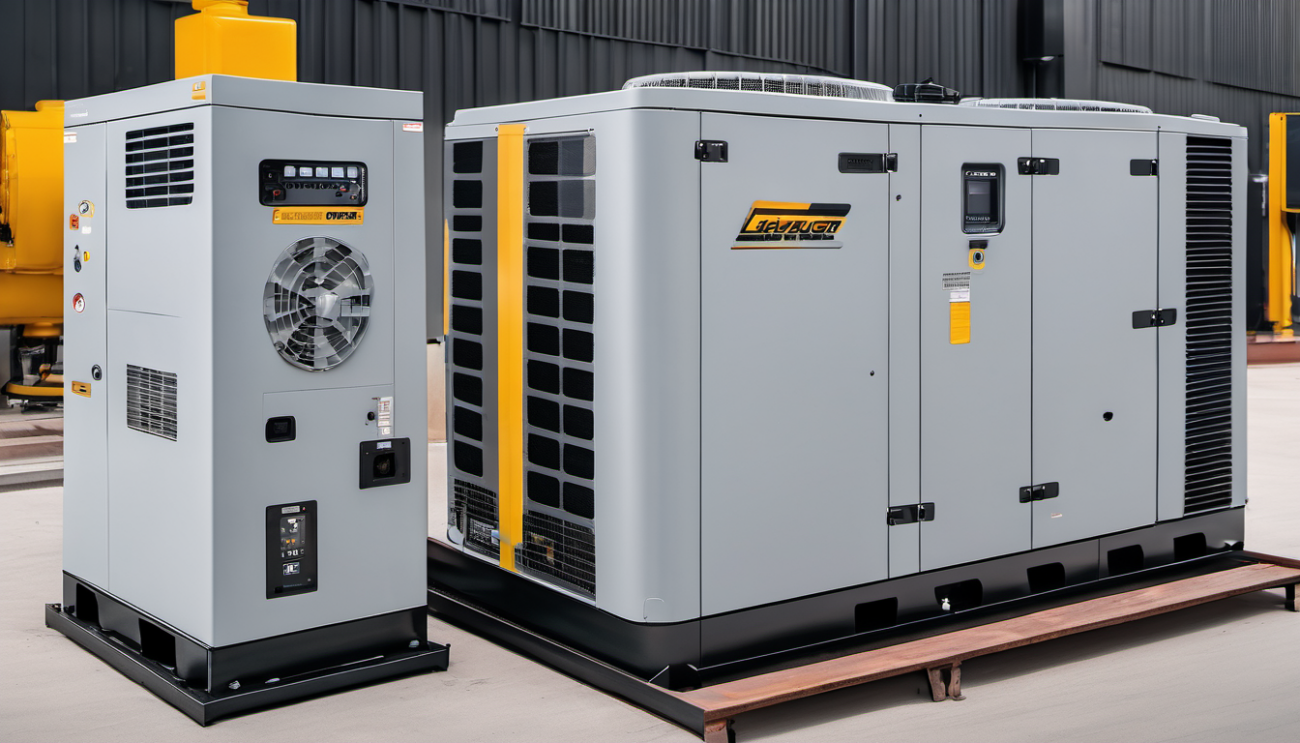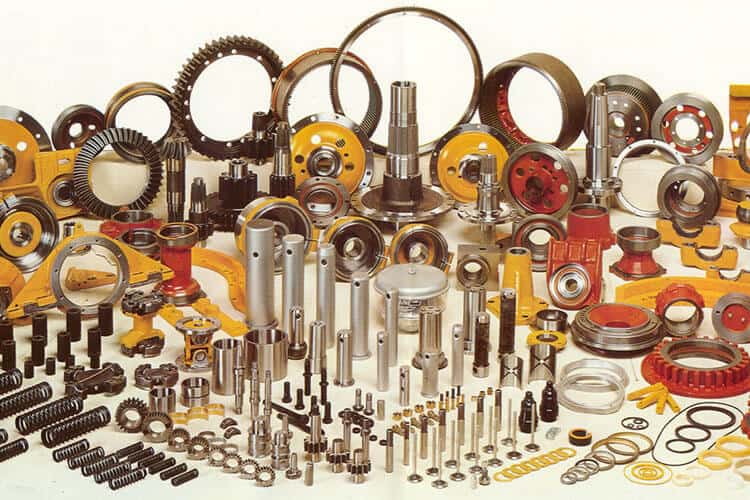A sudden power outage can hurt your business. Whether caused by planned maintenance, or equipment failure, losing power impacts your customers, employees, and profits. A generator can keep your business running smoothly, but what size emergency generator do you need? With many types of generators available for different needs, it’s important to consider a few key factors. Here’s how to choose the right generator size for emergency power to keep your operations running.
Determine what Equipment and Systems your Generator will Need to Power
Start by assessing your power needs. Determine the size of the building you’ll need to power during an outage, where your equipment will be used, and the amount of power required to support your applications.
Your site conditions will help you identify the right type of generator. Commercial buildings use generators for different reasons, such as keeping machinery running in an industrial plant during a storm. As a technician, you might need a commercial generator to keep a construction project going overnight or to power a remote job site. Consider whether you need a standby, primary, or emergency power system to meet your demands.
To simplify the decision, make a list of all the equipment your generator must power. This includes machinery, lighting, security, telecommunications, and other systems essential for safety and operations. Taking inventory will help you determine the appropriate type and size of the generator for your needs.
Calculate Wattage
Once you have your list of essential equipment for emergency power, add up the wattage to estimate your generator needs. Start by calculating the starting watts (the energy needed to power up the equipment) and the running watts (the energy needed to keep the equipment running).
Most devices display their wattage on the back or bottom. Keep in mind that devices with adjustable power settings may consume different amounts of electricity. For example, an industrial fan running at low speed will use less power than at high speed.
If the wattage isn’t listed, you can estimate it using the formula: WATTS = VOLTS x AMPS. For example, a device using 10 amps at 240 volts will require 2,400 watts.
Another way to estimate your wattage needs for most commercial applications is by using this formula: 5 watts per square foot + 50 kilowatts. This equation provides a general estimate of your power requirements, which can help you communicate your needs to your dealer when selecting the right generator size.
Choosing Your Generator
Before choosing the right emergency generator size, consider these three factors:
Fuel Type
Generators come in various types and sizes, utilizing different fuel types, including diesel and petrol. Each fuel option has its own benefits and drawbacks. For example, diesel generators often have a higher upfront cost compared to petrol generators.
The efficiency and fuel consumption rates vary among fuel types and depend on the amount of equipment you need to power and the duration of the outage. Diesel generators typically offer better fuel efficiency and longer run times, making them suitable for extended use, while petrol generators may be more accessible and easier to maintain for short-term needs. Assessing your specific power requirements and operational needs will help you choose the best fuel type for your generator.
Wattage
Generator Size
When determining the size of the emergency generator you need, consider storage options. Choosing a generator that is too large can lead to unnecessary costs and storage challenges, especially if space is limited. Additionally, an oversized generator may produce inefficient power and potentially damage your electrical systems.
On the other hand, selecting a generator that is too small may not provide enough power for your equipment and devices. This could cause the generator to overheat and result in unreliable power during emergencies. Ensure that the generator you choose is suitable for your specific application and the duration of use required. Balancing size with power needs and storage capacity is crucial for optimal performance and safety.
In conclusion, selecting the right generator for your business is essential to ensure continuous operation during power outages. By carefully assessing your power requirements, considering the type and size of the generator, and evaluating fuel options, you can make an informed decision that meets your specific needs. It’s vital to calculate both the starting and running wattage of your equipment, as well as to take into account the generator’s noise level and compliance with local regulations. Ultimately, a well-chosen generator not only safeguards your operations but also contributes to the overall efficiency and resilience of your business, protecting against the negative impacts of unexpected power interruptions.
Contact LexiGen Power Solutions Limited for all your diesel generator and spare parts requirements.







